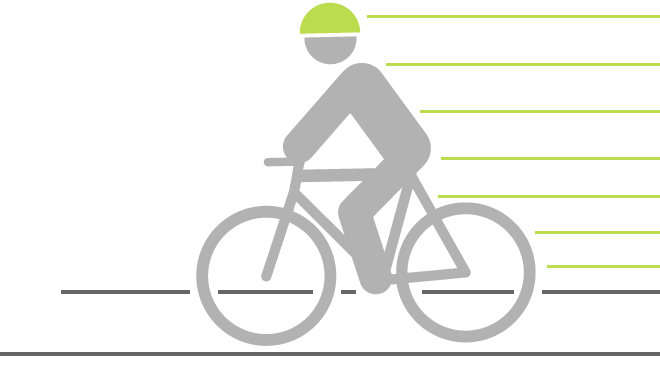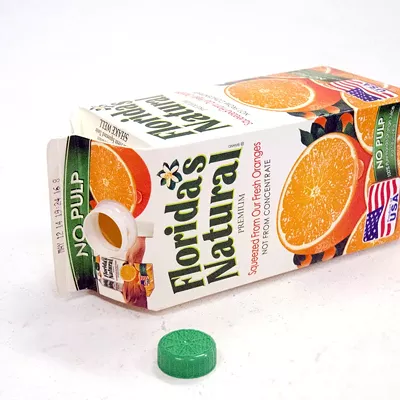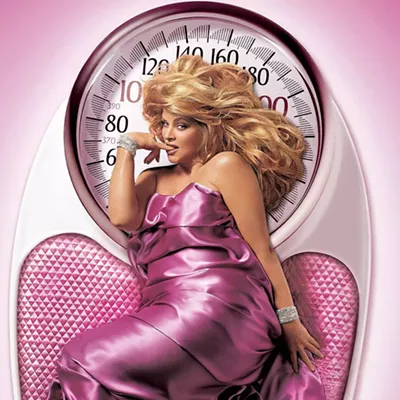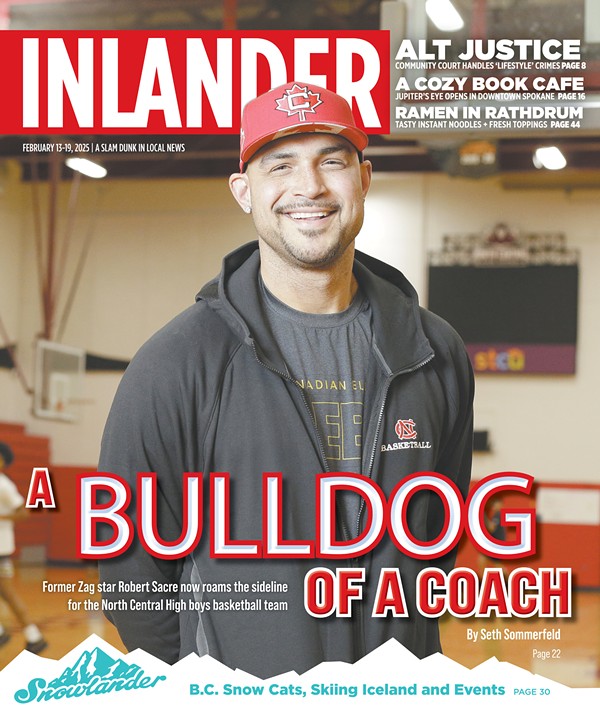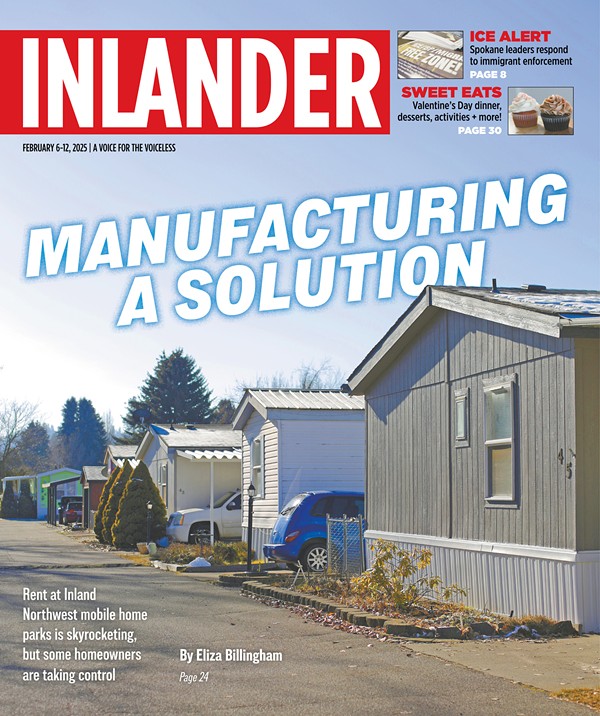The first morning of my weekend dedicated to producing zero waste, I awoke with a question on my mind: "Can I compost floss?"
I smiled at the thought, though — I may finally have found a valid excuse not to floss. So I Googled it. According to greenlivingonline.com, floss is not biodegradable because of the wax coating, making it unworthy of the compost bin. However, I could spend money on silk floss and biodegradable flossers if I wanted.
The rules were simple: For three nights and two days I wouldn't throw anything away. This meant finding a home for each waste item by recycling, reusing or composting. If this way of life seems difficult, it's because initially it is. Yet more households across America are turning to a garbage-free/reduced lifestyle to save energy and money.
Before the grand experiment I spoke with Juliet Sinisterra of Spokane's Sun People Dry Goods, which is reopening in May. She says her family recycles about 90 percent of all waste. While not generating any garbage is the goal, she says that's often unattainable, and that starting small is key — like knowing exactly what can go in those blue recycle bins.
"It is ridiculous how many people don't recycle," Sinisterra says. "It's so easy now with the blue bins right at your own home. It doesn't take that much longer to divide your trash."
Throughout the weekend, little things would trip me up. While digging a reusable bag out from under my bed before grocery shopping, I found a fuzzy hairball attached. Grossed out, I immediately went to the garbage to dispose of it — only to realize my situation. At Huckleberry's, I tried to use as few plastic bags for my produce as possible. Everything I placed in my reusable bag went in with extreme caution. I was paralyzed by the thought that whatever I bought for my relatively safe jambalaya recipe would have to be thrown away.
To be sure, I learned a lot, including that there are such things as compostable toothbrush sticks and other hygiene products. Finding a spot for my compost at a community garden at a local church in my neighborhood was a real highlight and something I will continue. I always believed I was an excellent recycler, but after this weekend I realized just how often I toss items into the garbage without thinking.
For those who are curious, I didn't use floss for an entire weekend. I hope my dentist is reading this now.
Additional waste-free tips:
Get rid of the liners in your garbage can. The Friday I started my waste-free plan, I ditched the trash liner in the can so I would have to seriously stop and think before dumping. Most "wet" items can be composted anyway.
Find a local garden to take your compost. Especially when you live in an ancient apartment building without a garbage disposal as I do, it's tempting to just toss all food scraps in the trash. There are worm compost bins created for your living room, but I'm still not sure how I feel about worms in my living room. As a great alternative, I found a community garden at a local church in my neighborhood that takes compost. This means my compost scraps go into the soil that helps grow neighbors' gardens that will in turn feed people. Now that is awesome.
Order draft and fountain beverages while eating out, and request no straw. Make less waste for a restaurants by not ordering drinks out of cans or bottles. Straws get thrown in the garbage, and you can do without.
Bring your own tea to work. Making your own tea or coffee (bags and grounds are compostable) at home can significantly save you money and eliminate what you throw away. Pack your lunch in reusable containers rather than plastic baggies. ♦





